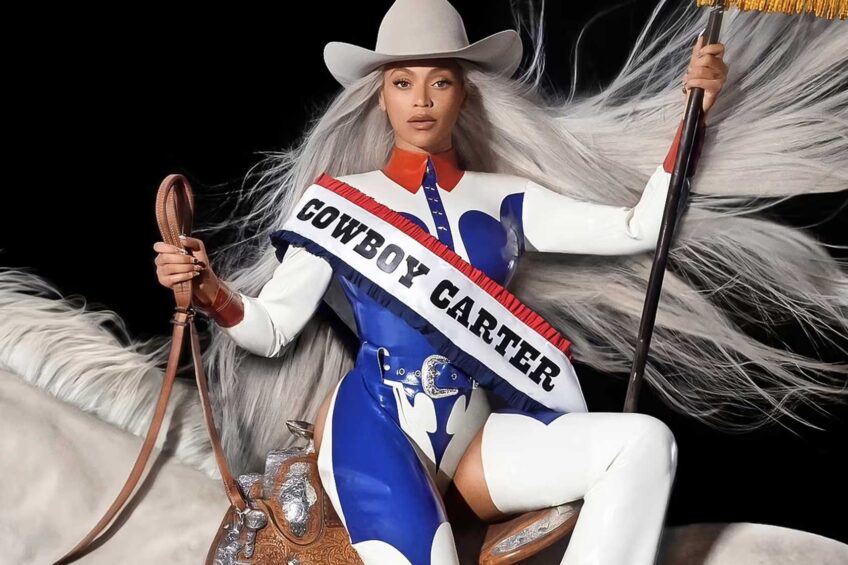There was surprise and no surprise in a recent poll on whether Americans think Trump is a racist. The poll was rushed out after Trump ignited a firestorm when he tweet-screamed at four congresswomen to go back to where they supposedly came from. The big majority of Republicans don’t see anything racist about Trump. That was expected.
The surprise, though, was that a lot of other Americans don’t, either. Now, it’s true that a bare majority do tag Trump as a racist, and a resounding majority think his screech at the four women to go back to some mythical foreign home — though three of the women were born in America — was gross and contemptuous. But the racism bit is something else.
Trump’s broadsides against Hispanics, Muslims, immigrants, blacks and women are almost the stuff of political legend. He punctuated this with his wink-and-nod tout of white nationalists after their Charlottesville, Virginia rampage last August.
He is the first president in living memory that has only one African-American in any significant cabinet and administration position with almost no prospects or indication that he wants to add to that. His track record with Hispanics is not better, and deliberately so.
It’s not enough to chalk up the racial blind spot or the just plain denial of the obvious about Trump’s grotesque racism to tone-deafness or apologetics. It’s also not enough to say that those who don’t regard him as a racist are racists themselves and simply see a little of themselves in Trump. Or, that they find it too painful to admit that they and Trump are racial kin.
Tens of thousands of white-collar, blue-collar and rural male voters in Wisconsin, Michigan, Ohio, and Pennsylvania voted for Obama, not once, but twice — in 2008 and 2012. Many of them made it clear that his race was not an issue. The issue for them was jobs, the economy, and staying on or getting back on their financial feet. Obama, not the white male GOP candidates, was the best one to make that happen.
The political craft of Trump was that he paid attention to that sentiment and while he occasionally spruced things up with racial code words and tough talk about minorities, it was back to jobs and the economy that turned the tide for him, not direct and overt racial pandering. In fact, after his virtual cheer of the white nationalists, polls showed that most whites weren’t having that. They did what he wouldn’t do, and that’s loudly condemn them. That included most GOP leaders.
It’s tough to get a handle on what is racism and who can be called a racist because of the fuzzy, often misunderstood definition of what constitutes racism. It’s not just verbally or physically assaulting blacks or Hispanics, racial baiting, name calling, or even the more nuanced denial of loans, hiring and promotions to minorities. There’s plenty of that still, and plenty of whites who engage in those practices. However, the majority don’t and would be the first to denounce them. The same majority backed the campaign to get rid of Confederate monuments. But there’s little doubt that a good number of them also could be counted among the huge percentage that don’t regard Trump as a racist.
The racial lines are so hopelessly muddled and blurred that a Trump can simply stick with issues that his loyal base and many other whites want to see him talk and do something about and come off as racially inoffensive. This includes tax relief, affordable health care, job creation and lambasting politicians for being politicians. This makes him in their eyes seem like a populist, and someone willing to take on the Beltway establishment. None of this is true about him, but like anything else, perception supersedes reality. Trump grasps that.
There’s also the perception among many Americans that race conflict, strife and violence are largely things of an ugly but by-gone past. The rash of civil rights laws, voting rights protections, packs of wealthy high-profile African American CEOS, educators, and pro athletes and entertainers, and thousands of elected officials give the comforting appearance that all is well on the racial front. So, it’s no surprise when periodic surveys find that a majority of whites don’t see race as the defining problem in America.
Trump has made no secret that he’ll race-bait to stay in the White House. Millions don’t see anything wrong with that — and not just because they are racists like him.
Earl Ofari Hutchinson is an author and political analyst


![Banner [Virtual] Art Gallery](https://baystatebanner.com/wp-content/uploads/2024/04/Cagen-Luse_Men-at-store-e1713991226112-150x150.jpg)



